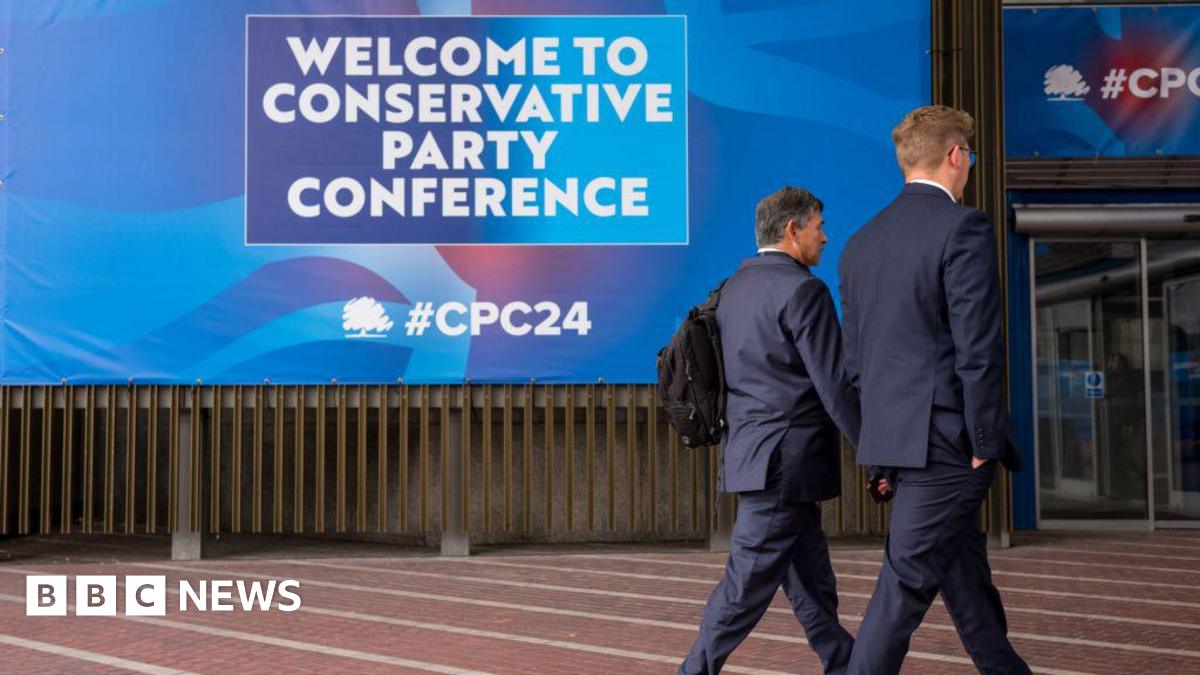Earlier this year, the Labour government sought to cut nearly £5bn from the disability and health-related benefits bill but had to backtrack after a rebellion by its own MPs.
Work and Pensions Secretary Pat McFadden has suggested the government will return to the issue, telling the BBC that changes to the welfare system “must happen”.
Last year, the Office for Budget Responsibility forecast that total spending on health and disability benefits would rise from £64.7bn in 2023-24 to £100.7bn in 2029-30.
The Tories argue they can reduce the bill by reviewing exemptions for the Household Benefit Cap, limiting the VAT subsidy for Motability – which allows claimants to lease vehicles – and changing obligations for job-seekers.
It says it would stop claims for people suffering from “low-level health” mental health problems arguing that “what is really needed is treatment and support, not cash”.
It also says it would keep in place the two-child benefit cap, which prevents households on universal or child tax credit from receiving payments for a third or subsequent child born after April 2017.
The Labour government has been under pressure to remove the cap, with many of its backbenchers arguing the limit has increased the number of children in poverty.
The Resolution Foundation says axing the cap would lift 470,000 children out of poverty and would cost around £3.5bn.
Badenoch has previously defended the cap saying it was a matter of “fairness” and Conservatives believed people on benefits “should have to make the same choices on having children as everyone else”.
Earlier this year, Prime Minister Sir Keir Starmer said he would cut the UK’s aid budget from 0.5% of gross national income to 0.3% in 2027 in order to pay for an increase in defence spending.
The Conservatives say further reducing spending to 0.1% would save nearly £7bn.
Currently, a portion of the existing aid budget is used to pay for hotels to accommodate asylum seekers.
